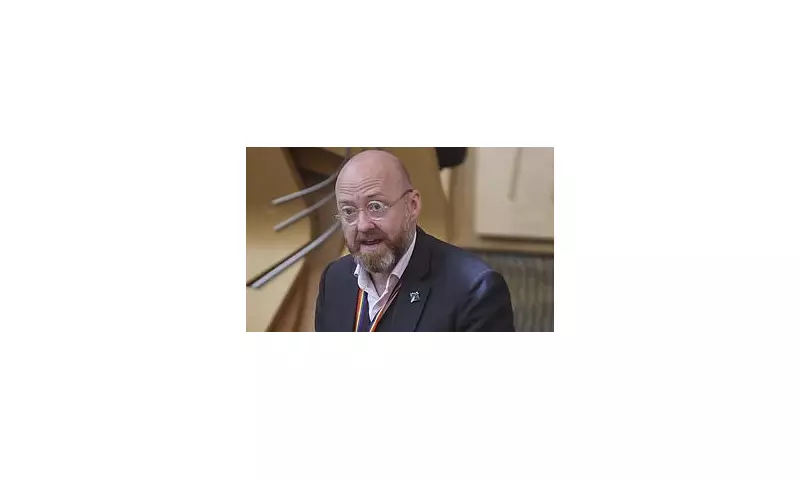
Former Scottish Green Party co-leader Patrick Harvie is facing significant criticism over his proposed legislation that would establish 150-metre buffer zones around facilities providing assisted dying services in Scotland.
Controversial Proposal Sparks Debate
The Member of the Scottish Parliament's planned bill aims to create protest-free areas around clinics and healthcare facilities where assisted dying might take place, drawing immediate concern from opposition politicians and free speech advocates.
Free Speech Concerns Raised
Scottish Conservative MSP Stephen Kerr voiced strong objections to the proposal, stating: "Creating buffer zones represents a dangerous infringement on freedom of expression and could prevent vulnerable individuals from receiving potentially life-saving interventions from those offering alternative perspectives."
Kerr emphasised that while harassment should never be tolerated, peaceful protest and compassionate outreach must remain protected rights in a democratic society.
Existing Precedents and New Applications
The proposed legislation mirrors existing buffer zone regulations around abortion facilities but represents the first attempt to apply similar restrictions to assisted dying services in Scotland. This expansion has raised questions about where such limitations might end.
Broader Implications for End-of-Life Debate
Critics argue that the buffer zones could stifle legitimate debate around one of society's most profound ethical questions. The proposal comes as Scotland considers legalising assisted dying, making the timing particularly significant.
The controversy highlights the delicate balance between protecting vulnerable individuals and preserving fundamental democratic freedoms, with healthcare professionals, religious groups, and human rights organisations all watching developments closely.
Political Fallout and Next Steps
Harvie's proposal has created unexpected alliances across the political spectrum, with figures from different parties expressing concern about the potential precedent it could set for limiting public discourse on sensitive moral issues.
As the consultation period progresses, all eyes will be on how the Scottish Government navigates this complex intersection of healthcare ethics, personal autonomy, and freedom of expression.





